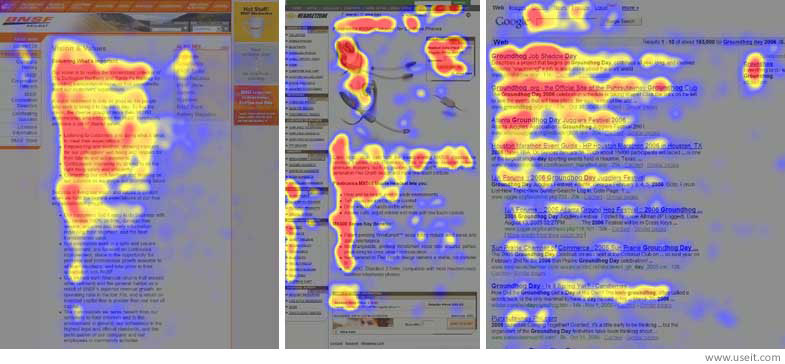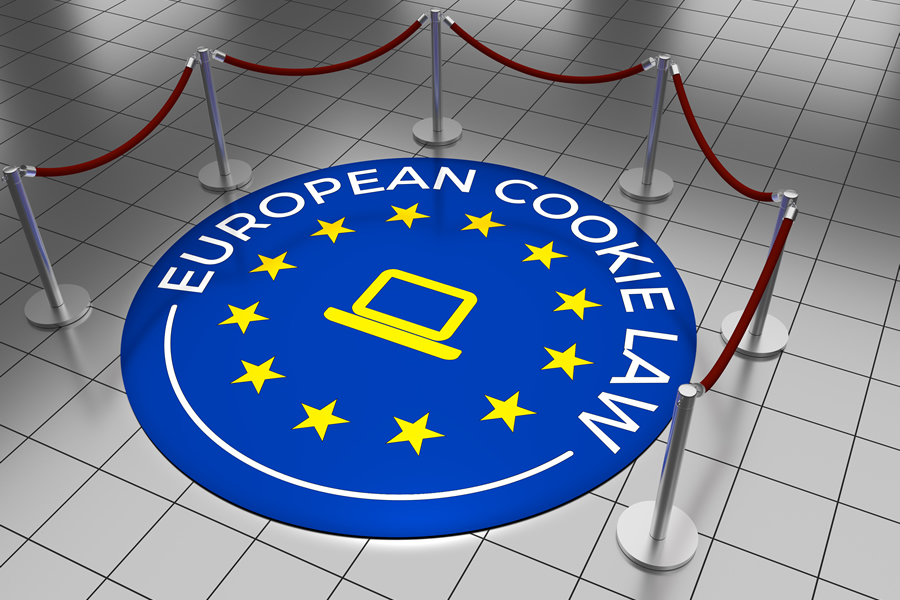F-Shaped Pattern For Reading Web Content
Summary: Eyetracking visualizations show that users often read Web pages in an F-shaped pattern: two horizontal stripes followed by a vertical stripe. F for fast. That's how users read your precious content. In a few seconds, their eyes move at [...]



